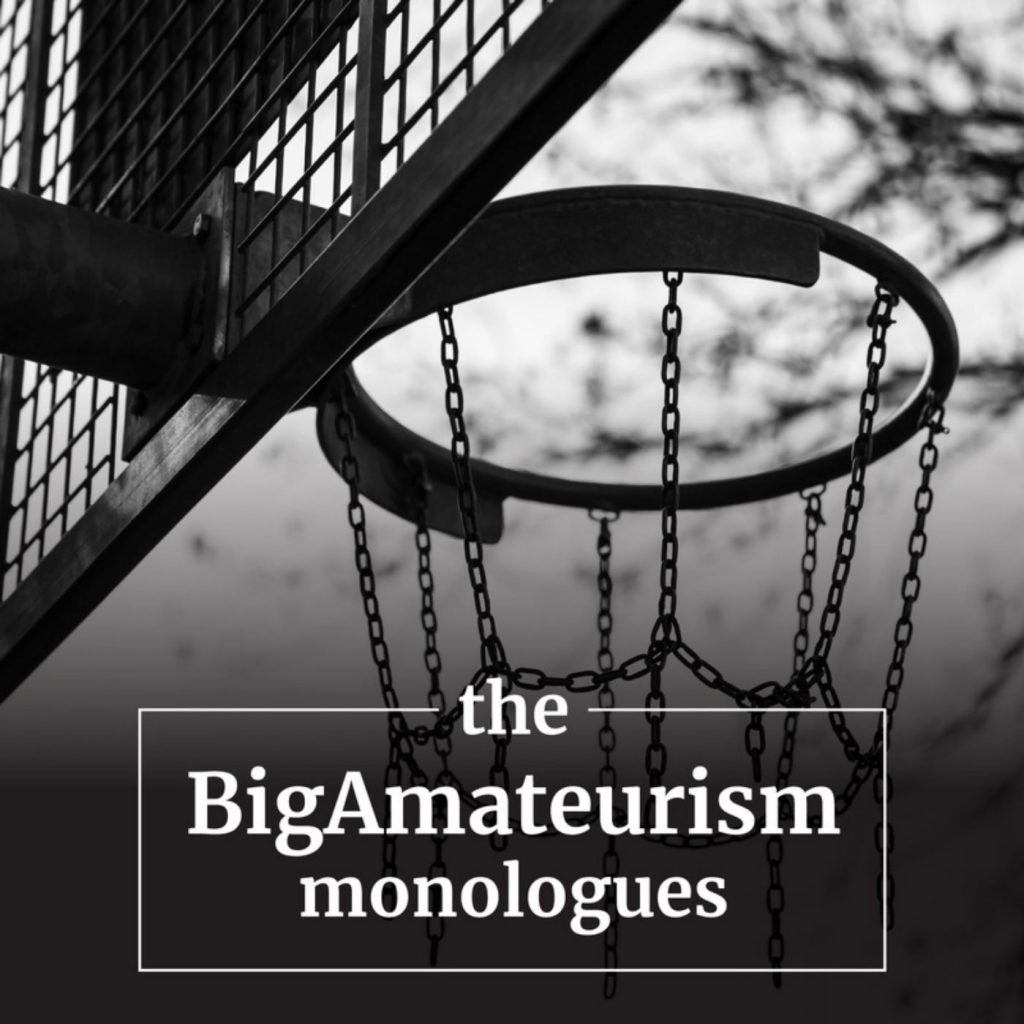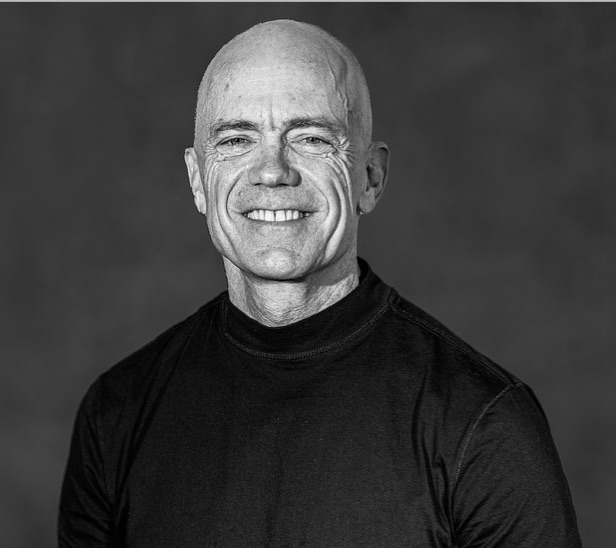Latest Episode
On July 20th, 2023, Sens. Cory Booker (D-NJ), Richard Blumenthal (D-CT), and Jerry Moran (R-KS) released a discussion draft of a bill titled “College Athletes Protection and Compensation Act of 2023.” The bill is largely a cut-and-paste job from Moran’s 2021 bill, the “Amateur College Athletes Protection and Compensation Act of 2021” and Booker/Blumenthal’s 2020 bill, the “College Athletes Bill of Rights” (rereleased in 2022). The Moran bill gave the NCAA and Power 5 everything they wanted to obtain regulatory supremacy in college sports and, in the process, end the athletes’ rights movement. The Booker/Blumenthal bills were an equal and opposite counterweight to Moran’s bill and others like it introduced by NCAA/Power 5-friendly Republican Senators. Booker and Blumenthal built their legislation around a civil rights philosophy, particularly the financial end educational exploitation of African American Power 5 football and men’s basketball players. On the crucial question of who will sit on the Iron Throne of college sports regulation, Moran and Booker/Blumenthal have been on opposite sides of the earth. Both would use a federal corporation to oversee the college sports issues covered by the legislation. However, Moran would require that NCAA and Power 5 insiders run the federal corporation, replicating the NCAA bureaucracy with the protections and powers of the federal government. Booker and Blumenthal would exclude those decision-makers from involvement with the federal corporation and instead rely on athletes and experts in relevant fields. The new “compromise” bill not only jettisons Booker’s and Blumenthal’s civil rights focus but also adopts Moran’s NCAA/Power 5 governance model for the federal corporation. Perhaps most surprisingly, the new bill would grant the NCAA subpoena power to wreak havoc in its infractions and enforcement operations. This episode analyzes the new bill and what it may mean for Congressional action and perhaps the future of athletes’ rights.


About The BigAmateurism Monologues
The NCAA and big-time power conferences (ACC, Big Ten, Big 12, Pac-12, SEC) are in the final stages of a 15-year legal and congressional campaign to acquire the Iron Throne of college sports by eliminating all external regulatory threats. If they succeed, the athletes’ rights movement will come to an end.
This power grab is playing out in one of the most consequential eras in the history of college sports. From antitrust suits by athletes challenging the NCAA’s amateurism-based compensation limits to name, image, and likeness “compensation,” to the NCAA’s request for unprecedented congressional intervention, to a historic Supreme Court case, to racial and social unrest, and to the unexpected flip of the Senate from Republican to Democrat control, this perfect storm of events will shape the future of college sports.
This podcast pulls the curtain back on BigAmateurism’s quest for the Iron Throne of college sports.

Richard Ford (Host)
Drawing on experience as an athlete (Duke basketball 1981-84), an attorney (15 years as a litigator), an academician (adjunct professor and administrator), and an athletes’ rights advocate (since the mid-1980s), Richard offers a unique perspective on the business of big-time college sports.
Join Richard as he analyzes the world of BigAmateurism and the events, people, institutions, narratives, and motives that define it.
More Episodes
For the last six weeks, the Power 5, the NCAA, and their lobbyists, lawyers, and corporate allies have engaged in an unprecedented, no holds barred campaign to bend the federal government to the will of the big-time college sports industrial complex. Between May 19th and June 16th, four Power 5/NCAA-friendly bills were proposed or circulated for discussion. On May 23rd, the IRS issued an Advice Memorandum on nonprofit NIL collectives. From June 7th – 9th, Power 5 and NCAA leaders descended on Washington in a show of force to demonstrate their singular commitment to federal legislation that would federalize aspects of the college sports marketplace. The campaign included a symposium dominated by Power 5 and NCAA insiders hosted by the University of Arizona. On June 12th, the NCAA-controlled NCAA Student-Athlete Advisory Committees (all three Divisions) sent letters to Senate and House members supporting federal legislation the Power 5 and NCAA have sought since 2019. Also on June 12th, the NCAA announced the celebration of its first-ever “College Athlete Day.” Championship teams from all three Divisions attended a White House ceremony celebrating the accomplishments of these teams. In conjunction with “College Athlete Day,” the NCAA honored US Presidents who participated in college sports, from Joe Biden to Woodrow Wilson. This episode analyzes the events of the last six weeks.
On March 29th, the House Energy and Commerce Committee’s Subcommittee on Innovation, Data, and Commerce held a hearing titled “Taking the Buzzer Beater to the Bank: Protecting College Athletes’ NIL Dealmaking Rights.” During and after the hearing, many in the college sports commentariat seemed confused and surprised by the dissonance between the stated purpose of the hearing—protecting college athletes’ NIL rights—and the avalanche of P5/NCAA talking points directed to protective federal legislation that had little to with NIL. Observers also noted the apparent lack of expertise among the witnesses on NIL (or anything else) and the absence of influential P5/NCAA leaders. Where were Charlie Baker, Linda Livingstone, Greg Sankey, Jere Morehead, and Jack Swarbrick, among others? All of these protectors of the status quo have crucial roles in determining the future of college sports and have not been shy to use their formidable public megaphones to preach the status quo gospel. Also of note was the ignorance of the Subcommittee members on the basics of the college sports business, regulatory, and legal environments. None of this should have come as a surprise to anyone who has carefully followed the P5’s/NCAA’s multi-faceted campaign to end the athletes’ rights movement, which began in earnest in the fall of 2019. Congress—through the most powerful lobbyists in America—is the primary battleground, but the P5/NCAA war spans other fronts, including federal litigation to achieve coveted antitrust immunity, false promises of voluntary rules changes on NIL, and a sophisticated public relations gaslighting machine. The P5/NCAA have used all these assets over the last four years to eliminate all threats to their regulatory authority and financial interests. To understand what happened at the hearing on March 29, it is essential to know (1) the history power of big-time football, (2) Myles Brand’s “collegiate model” as a financial framework for big-time college sports, (3) the external regulatory and financial threats to the P5/NCAA in the 21st century, (4) the timeline of events from March 2019 – present, (5) the changing justifications for protective federal legislation, and (6) the extraordinary motivation of P5/NCAA interests to impose their will on Congress and college sports stakeholders, notably including the athletes whose fundamental American rights are at stake. This episode broadly addresses these issues and lays the foundation for a more detailed analysis of every component of the P5/NCAA campaign to end the athletes’’ rights movement.
**Note: The opening montage runs for approximately five minutes. The clips are from three Congressional hearings: February 11th, 2020, in a subcommittee of Senate Commerce, July 1st, 2020, in Senate Commerce, and March 29th,, 2023, in House Subcommittee on Innovation, Data, and Commerce. The speakers:
Clip 1: former House member Anthony Gonzalez (R-OH) (2/11/2020)
Clip 2: former Big 12 Commissioner Bob Bowlsby (2/11/2020)
Clip 3: former NCAA President Mark Emmert (2/11/2020)
Clip 4: Senator Roger Wicker (R-MS) (7/1/2020)
Clip 5: Senator Maria Cantwell (D-WA) (7/1/2020)
Clip 6: exchange between Senator Richard Blumenthal (D-CT) and University of Baltimore School of Law Professor Dionne Koller
Clip 7: Rep. Frank Pallone (D-NJ)
I discuss these clips at the end of the episode.
As I predicted in my last episode, today’s hearing in the House Energy and Commerce Subcommittee on Innovation, Data, and Commerce was a dog and pony show for P5/NCAA interests staged by the most powerful lobbying interests in American history. Titled “Taking the Buzzer Beater to the Bank: Protecting College Athletes’ NIL Dealmaking Rights,” the hearing had little to do with NIL and everything to do with eliminating revenue-producing athletes’ fundamental rights as Americans. This episode offers my preliminary, present sense thoughts on the hearing.
On Thursday, March 23, Notre Dame President Fr. John Jenkins and athletics director Jack Swarbrick published an op-ed in the New York Times titled “College Sports Are a Treasure. Don’t Turn Them into Minor Leagues.” Jenkins and Swarbrick invoked education, integrity, gender equity, the “thrill” of March Madness, and God Almighty to set against a “crisis” in college sports borne of (1) “the growing patchwork of contradictory and confusing state laws”; (2) “the specter of crippling lawsuits”; (3) “dubious name, image, and likeness deals through which to funnel money to recruits”; and (4) “misguided attempts to classify student-athletes as [gasp!] employees.” Fr. Jenkins’ and Mr. Swarbrick’s antidote? The elimination of the athletes’ rights movement. The op-ed had an out-of-the-blue feeling—why now?—and elicited a variety of responses. But nothing is random in the Power 5’s and NCAA’s quest to federalize their amateurism-based compensation limits and eligibility rules. The Jenkins-Swarbrick rant was part of a purposeful lobbying campaign timed to align with America’s annual “One Shining Moment” love affair with college basketball and March Madness. The media and sports commentariat missed an important “tell” in the Jenkins-Swarbrick broadside to athletes’ rights: a hearing scheduled for March 29th in the House Energy and Commerce Subcommittee on Innovation, Data, and Commerce. Gus Bilirakis (R-FL) chairs the subcommittee and is poised to reprise his noxious, racialized narratives from a September 30, 2021, college sports hearing in the same subcommittee. This episode analyzes the origins of the Power 5/NCAA lobbying campaign, its carefully orchestrated and integrated public relations campaign, the role of the media through the lens of the Jenkins-Swarbrick op-ed, and the Power 5’s renewed congressional campaign in the House.
Note: All clips in the opening montage are from a September 30th, 20201 hearing in the House Energy and Commerce Subcommittee on Consumer Protection and Commerce titled “A Level Playing Field: College Athletes’ Rights to Their Name, Image, and Likeness.” Gus Bilirakis (R-FL) is the speaker in the final clip.







